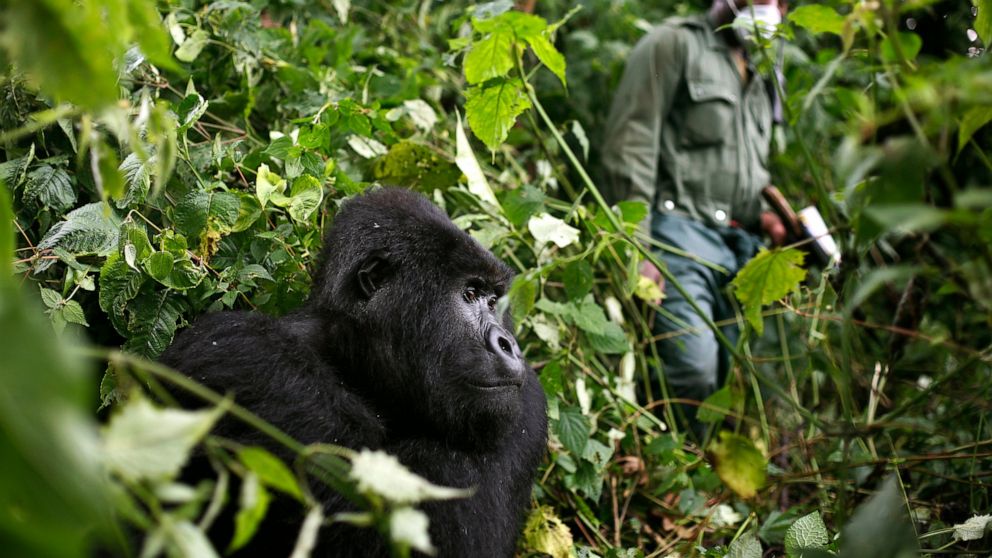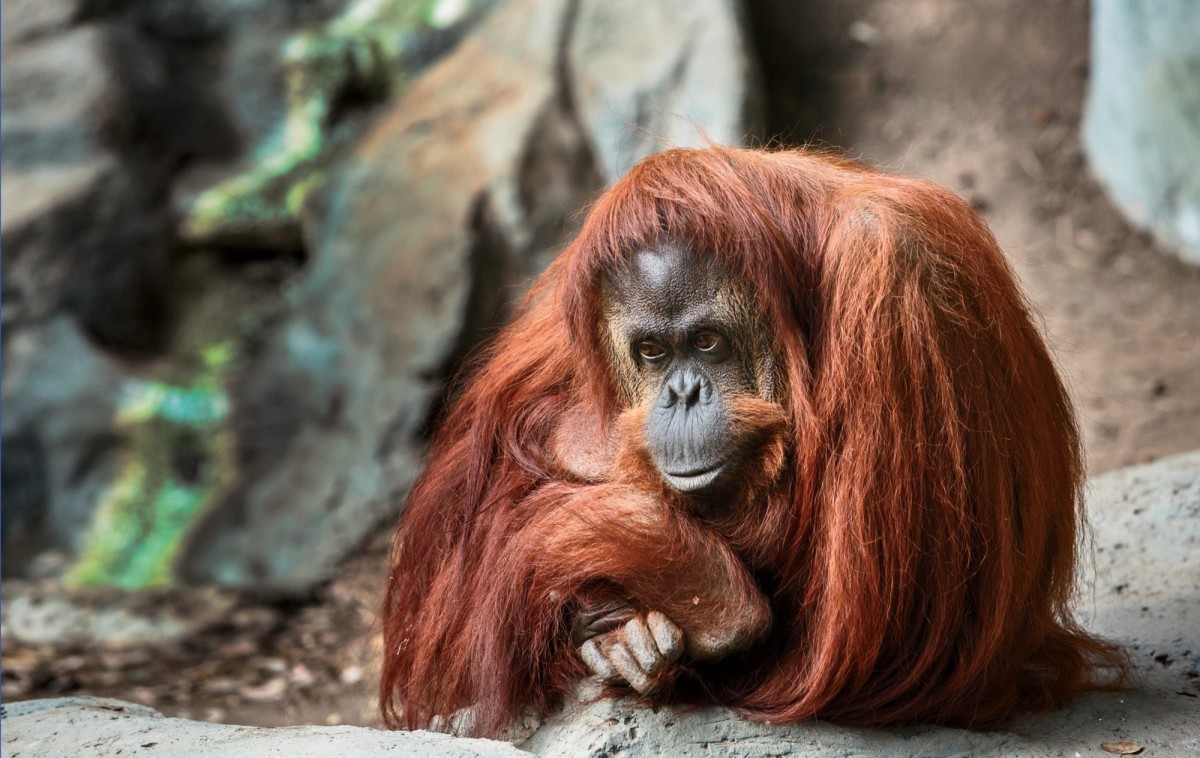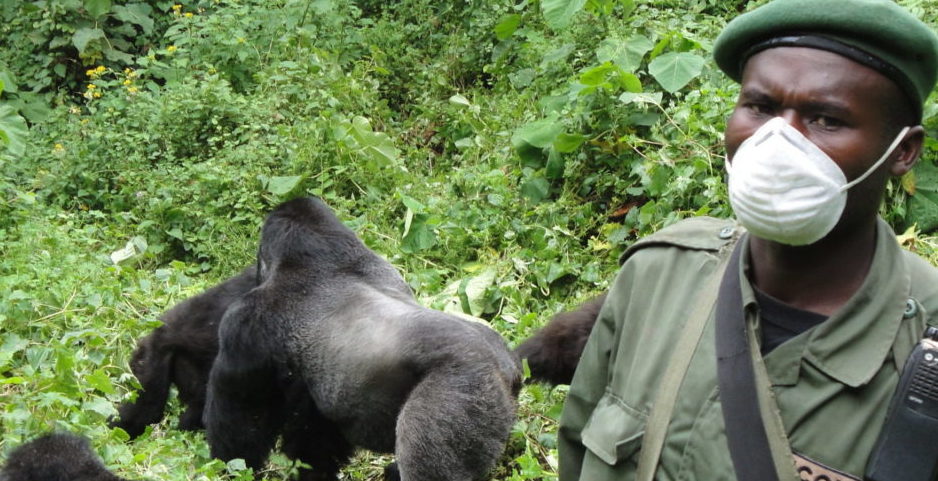I couldn't really think of a topic to write about, but then I realized what to do. APES. Apes. Great Apes! Through all of this stir regarding Corona virus we tend to forget about our close relatives the Great Apes. When we tend to think of the problems regarding the population of Great Apes most of us immediately turn to poachers or we turn to habitat destruction, but it turns out infectious disease is actually one of the biggest threats in regards to Great Apes. As of right now there haven't been any cases in connection to the Great Apes, but it's safe to assume that they can contract the disease due to our close ancestry. Many countries are taking precautions to protect the ape populations in their areas and are doing their best to prevent this disease from reaching them.

The biggest threat to Great Apes is tourism as the disease could easily be transferred if someone were to be reckless or not maintain their distance from the apes. A lot of organizations have actually come to the conclusion that closing off their facilities is the best way to protect the animals that reside there. One such example would be the Sepilok Orangutan Rehabilitation Center who has actually closed their doors to the public to prevent any way of tourism causing their apes to contract the disease or allow the disease to mutate in any way. Another requirement that many facilities are adopting is requiring their workers to maintain a specific distance from the animals as well as obviously keeping any infected person as far from the facility as possible. Most facilities have set rules requiring their workers to maintain at least 7 meters between them and the animals, but are advising that they stay within 10 meters instead. This can cause complications, but at times like these it's required in order to keep the Great Apes safe.

Most facilities have set rules requiring their workers to maintain at least 7 meters between them and the animals, but are advising that they stay within 10 meters instead. This can cause complications, but at times like these it's required in order to keep the Great Apes safe. Although the ideal situation would be that all facilities close until all of this is over some have remained open. A good way to prevent the Corona virus from transmitting is by keeping our clothes as well as footwear clean and disinfected before approaching or getting near these animals enclosures as well as wearing masks to prevent transmitting it through the air. And then of course if one is feeling ill or in any way sick they should avoid coming into contact with the facilities that these animals are held in.

Overall the Corona virus could be detrimental to the work that many conservation facilities are working toward. The worst thing about all of this is that fact that we just don't know everything about this virus and that other animals may be susceptible to the virus. The best thing we can all do is just to stay safe and away from these animals until everything cools off.
Questions:
Do you think the Great Apes are susceptible to the Corona Virus?
How do you think we can help to prevent Corona Virus from spreading to these animals?
What do you think poses the greatest threat to the Great Apes?
Sources:
https://www.bbc.com/news/science-environment-52236493
https://www.livescience.com/great-apes-coronavirus-risk.html
https://www.sciencemag.org/news/2020/05/primatologists-work-keep-great-apes-safe-coronavirus

No comments:
Post a Comment